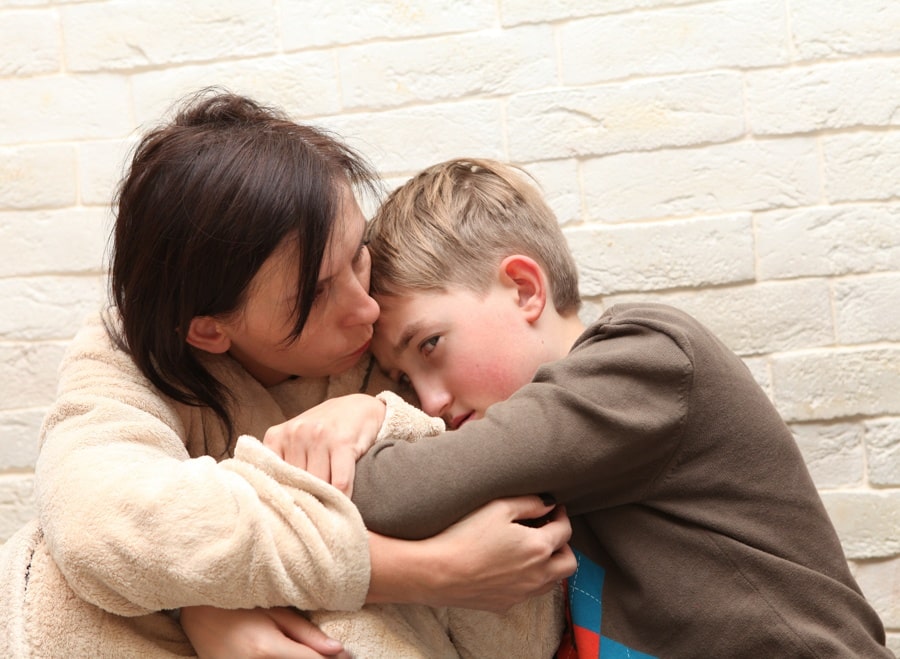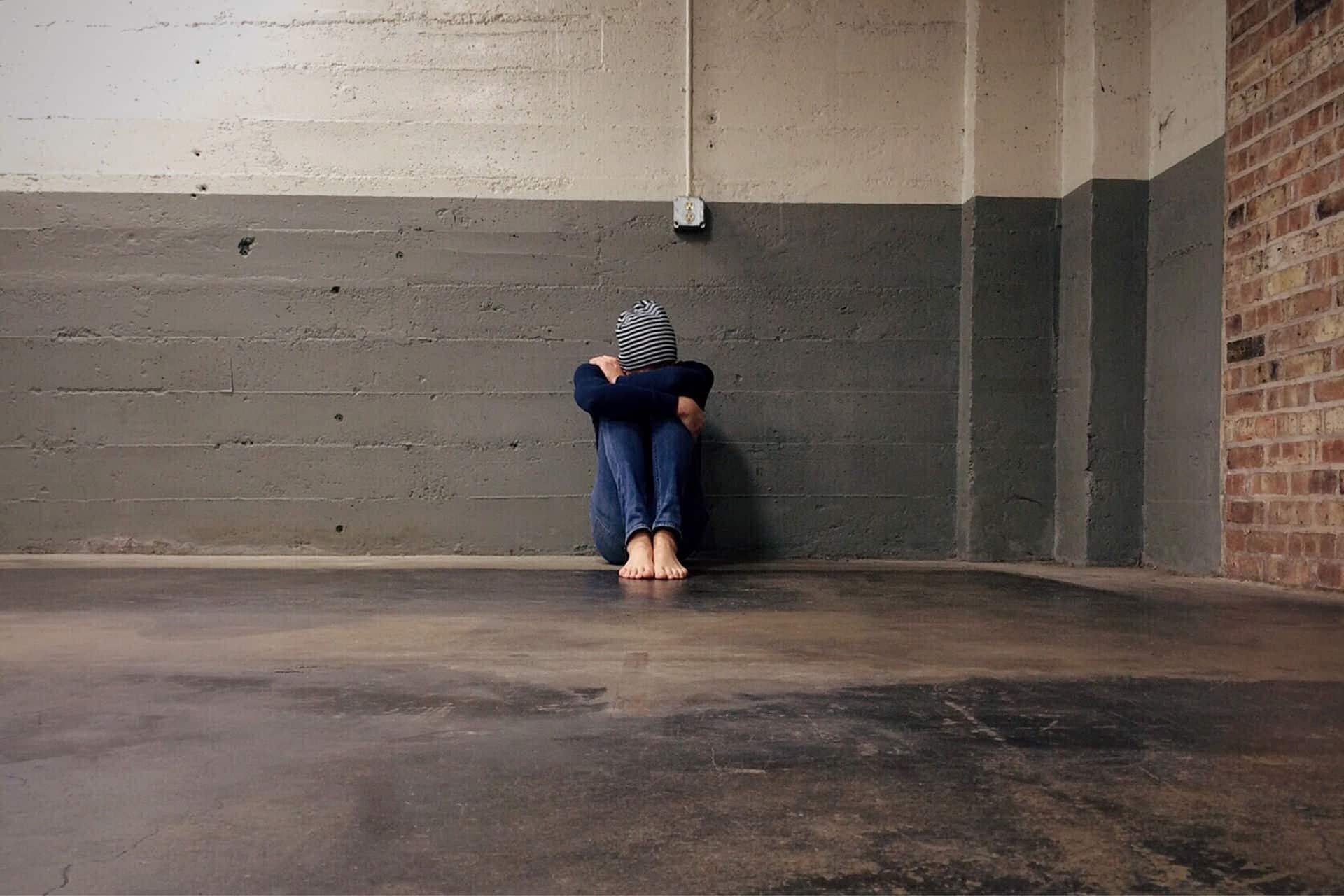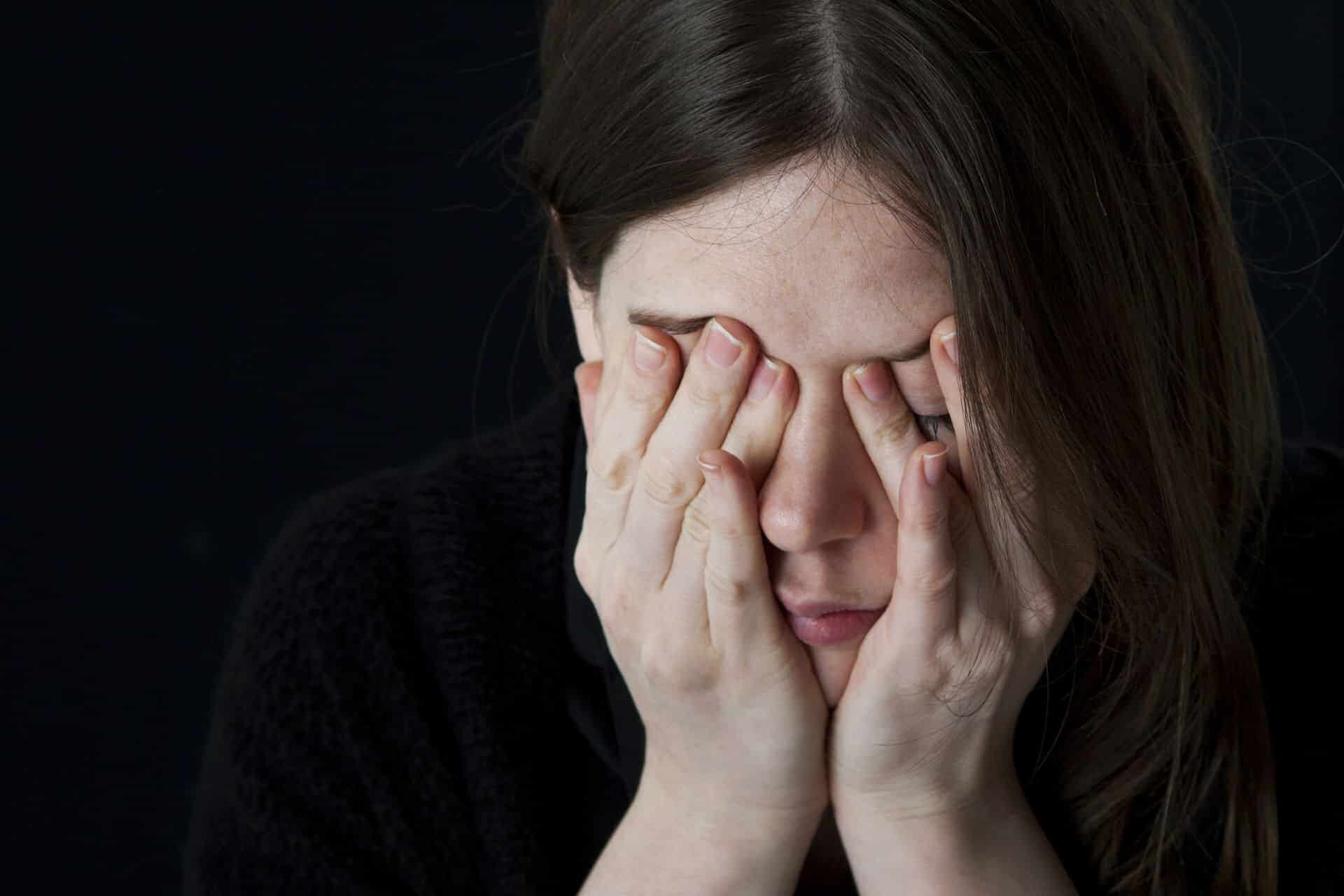Contact Orlando Treatment Solution
For any other questions please call us or fill out the contact us form. We're here to help you at Orlando Treatment Solutions .
Contact Us Call Now (321) 415-3213Popular Post
Why Do Some People Become Addicted and Others Don’t?
Ever wonder why some people can casually smoke a joint on the weekends but never touch it again during the week, while others become full-on potheads? Or how about the friend who loves to gamble once in a while for fun but never develops a real problem, while another blows their life savings at the casino? Addiction is a complex issue, and the fact is that some people are just more prone to it than others. The question is, why do some people become addicted while others don’t?
The Risk Factors for Developing an Addiction

While it is difficult to pinpoint a single reason why some people become addicted and others do not, several key factors contribute to the risk of developing an addiction.
Genetics

Genetics plays a significant role in addiction. If addiction runs in your family, you’re at a higher risk of developing one yourself. Studies show that between 40 and 60 percent of addiction is due to genetics.
- Having a close family member with an addiction means you’re two to six times more likely to become addicted to drugs or alcohol. The closer the relation, the higher the risk.
- Identical twins share very similar genetics, and they tend to have the highest rates of shared addictions. Fraternal twins and regular siblings also have an increased risk, though not as high.
- Addiction vulnerability is complex and involves multiple genes interacting with environmental factors. Just because addiction runs in your family doesn’t necessarily mean you will become addicted. However, you must be especially careful and aware of your risks.
Environment and Experience
Where and how you grow up plays a significant role in your vulnerability to addiction. Several factors in your environment and experiences can impact your risk:- Accessibility: Easier access to addictive substances or activities where you live or socialize increases temptation and opportunity. If drugs, alcohol, or gambling are readily available in your community or social circles, you’re more likely to develop an addiction.
- Trauma: Experiencing childhood trauma, abuse, neglect, or other adverse events can make you more susceptible to addiction later on. Early trauma causes changes in the brain that make substance use more rewarding and help numb emotional pain.
- Parental influence: Having parents or caregivers who are addicted to drugs, alcohol, or other substances puts you at higher risk. Growing up around addiction often normalizes the behavior and can lead to intergenerational cycles of addiction.
- Peer pressure: Strong pressure from friends, social groups, or romantic partners to engage in substance use or addictive behaviors makes it much harder to resist. You’re more likely to start using it to gain acceptance and fit in.
Mental Health
Many people who struggle with addiction also live with mental health conditions like depression, anxiety, or bipolar disorder. In fact, research shows that over half of those with substance use disorders also have a mental health diagnosis.- Depression: Feelings of sadness, hopelessness, and low self-esteem can contribute to drug or alcohol addiction. People may use substances as a way to self-medicate and escape emotional pain.
- Anxiety: For some, drugs or alcohol are a way to relax and relieve feelings of worry, fear, and panic. Although the effects are temporary, the underlying anxiety is still there and the cycle continues.
- Bipolar disorder: To balance extreme mood swings from mania to depression, some people turn to substances. This can aggravate symptoms and make the condition more difficult to treat.
The reality is that addiction is a complex disease with no single cause. But understanding the risk factors can help identify those most vulnerable, so resources and support can be provided. The good news is, no matter how high your risk is, there are steps you can take to avoid addiction or seek help if needed.
What Should You Do If You Become an Addict?
If you find yourself struggling with addiction, it is important to seek help and take steps toward recovery. Here are some actions you can consider:
Admit You Have A Problem
Admitting that you have an addiction is the first step toward recovery. This is often the hardest part, but it’s critical. Unless you recognize your addiction, you won’t be motivated to make a change. Look at how drugs are impacting your life – negatively affecting your health, relationships, work, or finances. Be honest with yourself about how much and how frequently you use it.
Seek Help and Support
Don’t try to go through it alone. Tell people you trust about your addiction and ask for their support. Consider seeing a doctor or contacting a free helpline. Join a support group to connect with others struggling with addiction. Having a strong support system will help motivate you and keep you accountable.
Make a Change
Once you’ve admitted you need to make a change, take action. Set a firm date to stop using drugs and stick to it. Ask friends and family to check in on you regularly. Remove triggers like deleting your dealer’s number and avoid places where you typically use drugs.
Find Healthy Alternatives
Replace the time you spend using drugs with new hobbies and social activities. Exercise, spend time with non-using friends, pick up a hobby, volunteer, or pursue a passion project. Having purpose and meaning in your life can help you stay committed to your sobriety.
Consider Treatment
For some addictions, especially severe ones, professional treatment may be needed. Explore options like detox, rehab, counseling, and medication. While treatment can be expensive, many programs offer free or low-cost options. Seek help from medical professionals to develop a customized treatment plan.Overcoming addiction is challenging, but with determination and the right support, you can live a happy, healthy life free from dependence on drugs, alcohol or a bad habit. Stay committed to your recovery, and be kind to yourself along the way. You’ve got this!
Begin Treatment for Addictive Drugs at Orlando Treatment Solutions Today

Orlando Treatment Solutions offers comprehensive and compassionate treatment for individuals struggling with addictive drugs. With a team of experienced professionals, we provide personalized care and evidence-based therapies to support each person’s unique journey to recovery. We understand the complex nature of addiction and address the underlying factors contributing to substance abuse. Contact us today to embark on your path to recovery!
References:
Contact Us
CALL US NOW
Orlando Treatment Solutions will iron out the details for you in a manner that will make you confident in your path to sobriety. That first simple call is your ticket to making Orlando Treatment Solutions your solution for addiction. Get the freedom from addiction that you deserve today.
Call us now on (321) 415-3213Updated News
LATEST POSTS
Orlando Treatment Solutions makes numerous media outlets available to encourage you in your recovery process. Digital media literature is approved by a licensed professional and intended to guide you in your recovery path.

Years of experience
Our leadership team has extensive experience in dual-diagnosis treatment and is ready to help those who are struggling with substance use and mental health.

Specialists
Our staff consists of many licensed addiction and mental health treatment facilitators and other staff who are ready to share their experience and their success.

Happy patients
Orlando Treatment Solutions has helped over 2,000 people who have struggled with substance use (alcohol and drug addiction) and mental health find freedom.
Contact Us
GET IN TOUCH
Reaching out to Orlando Treatment Solutions may be the most important call of your recovery process. A caring professional is waiting for your call to be your guide to addiction-free living.
 info@shc.health
info@shc.health 


